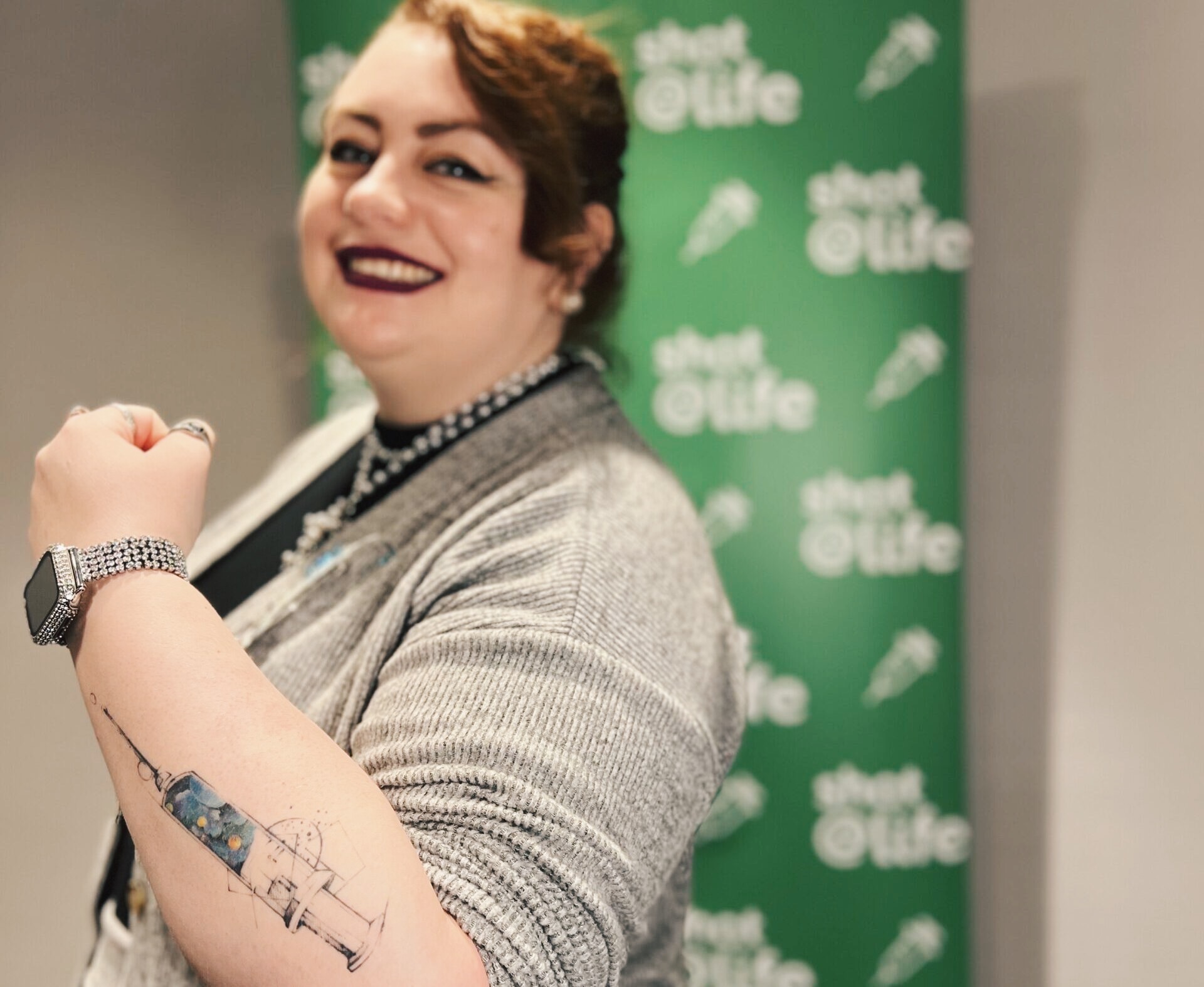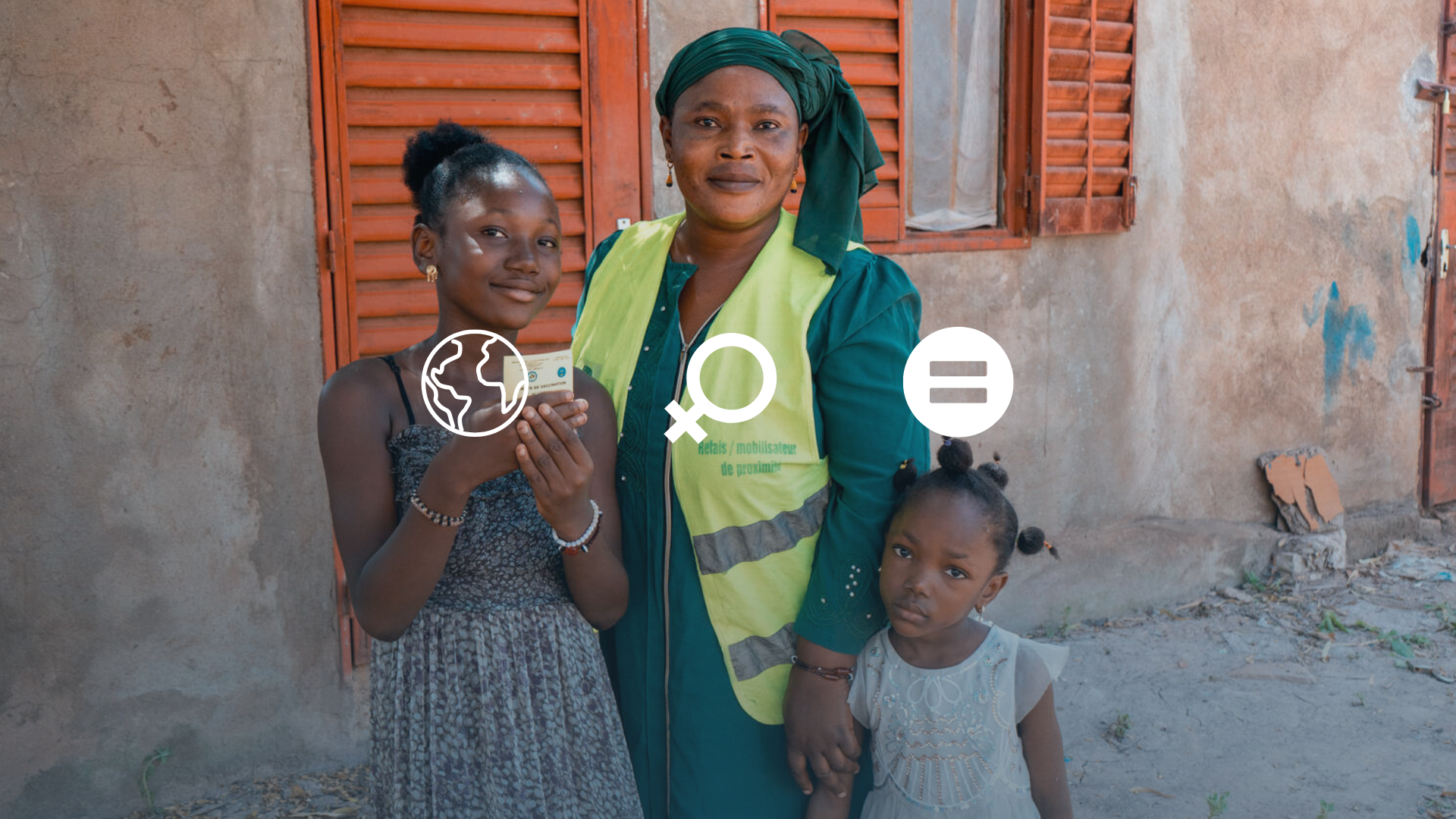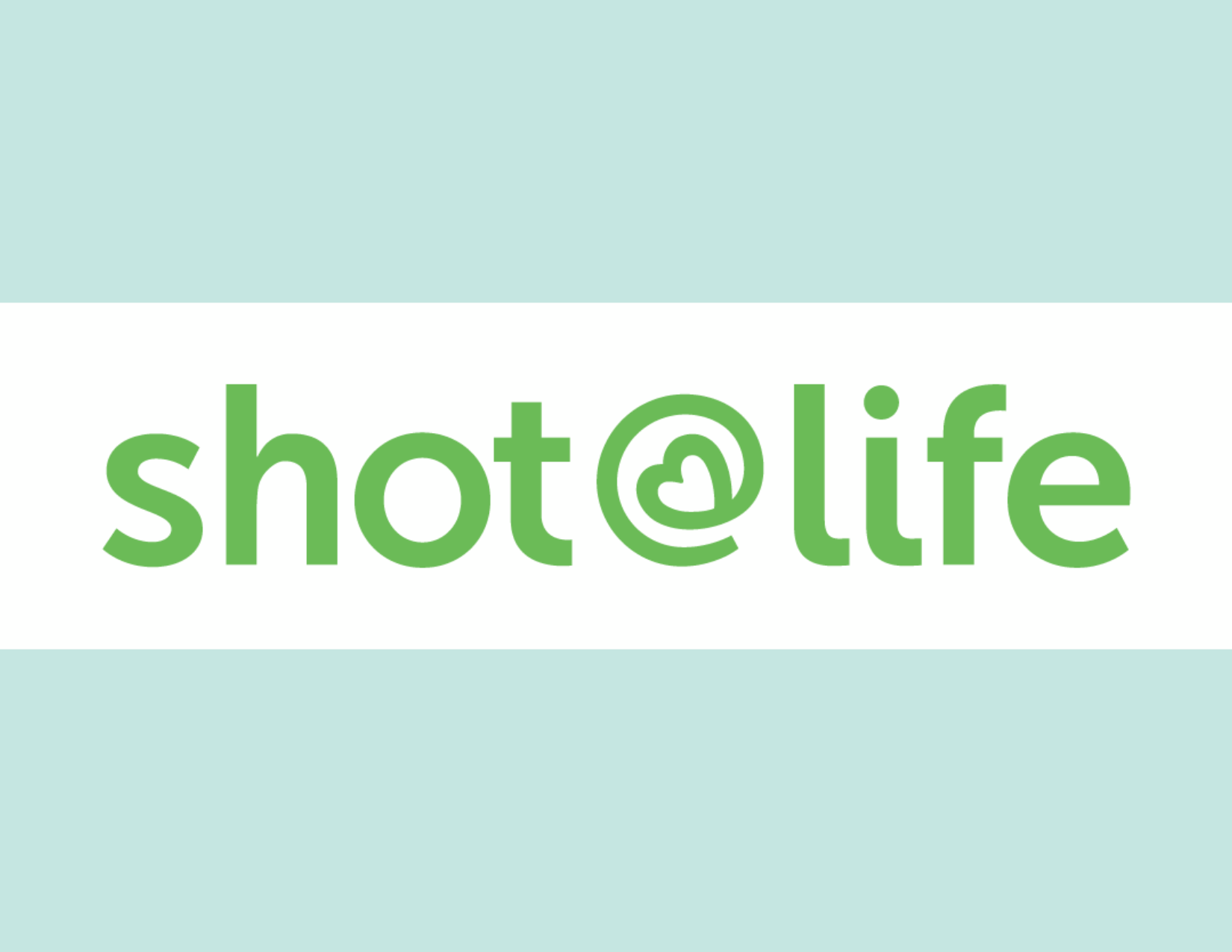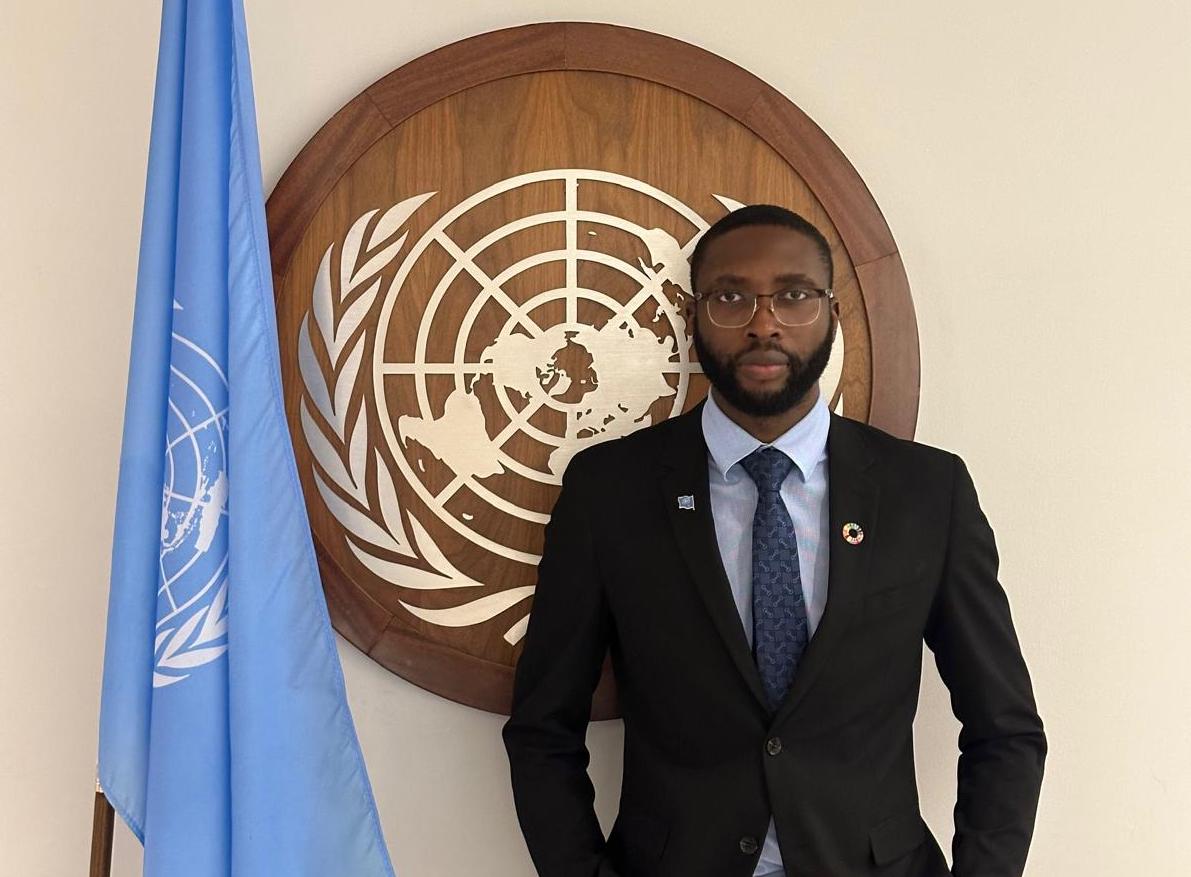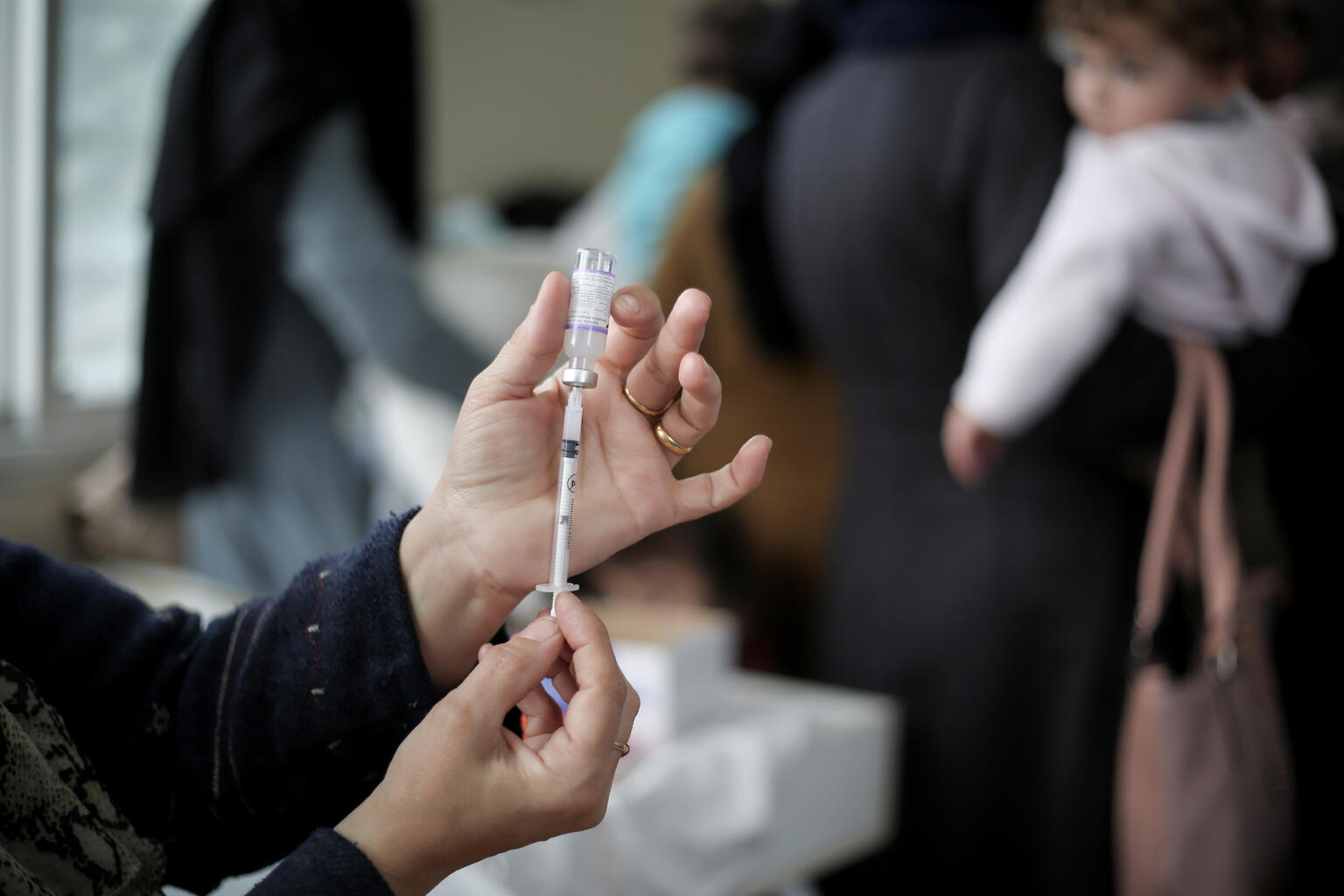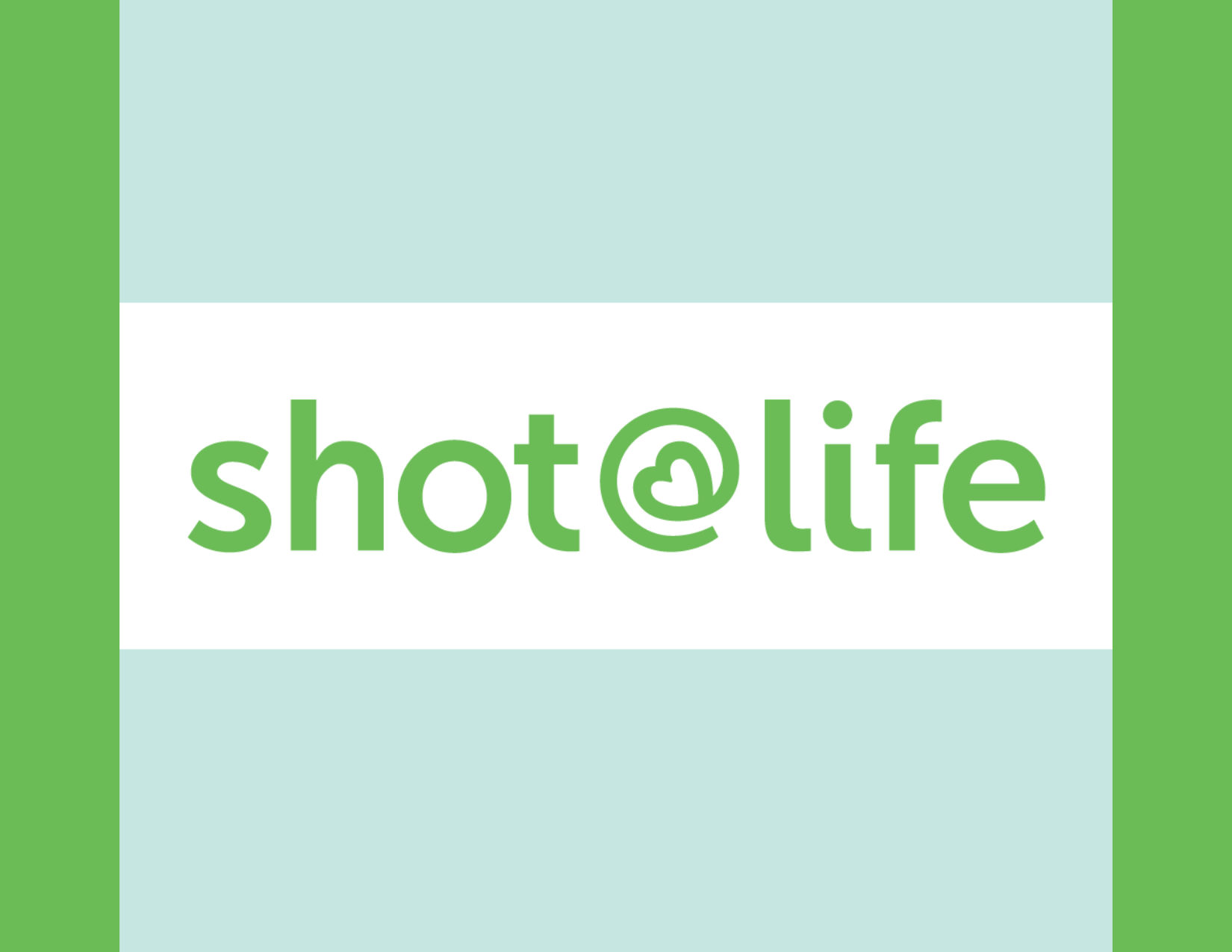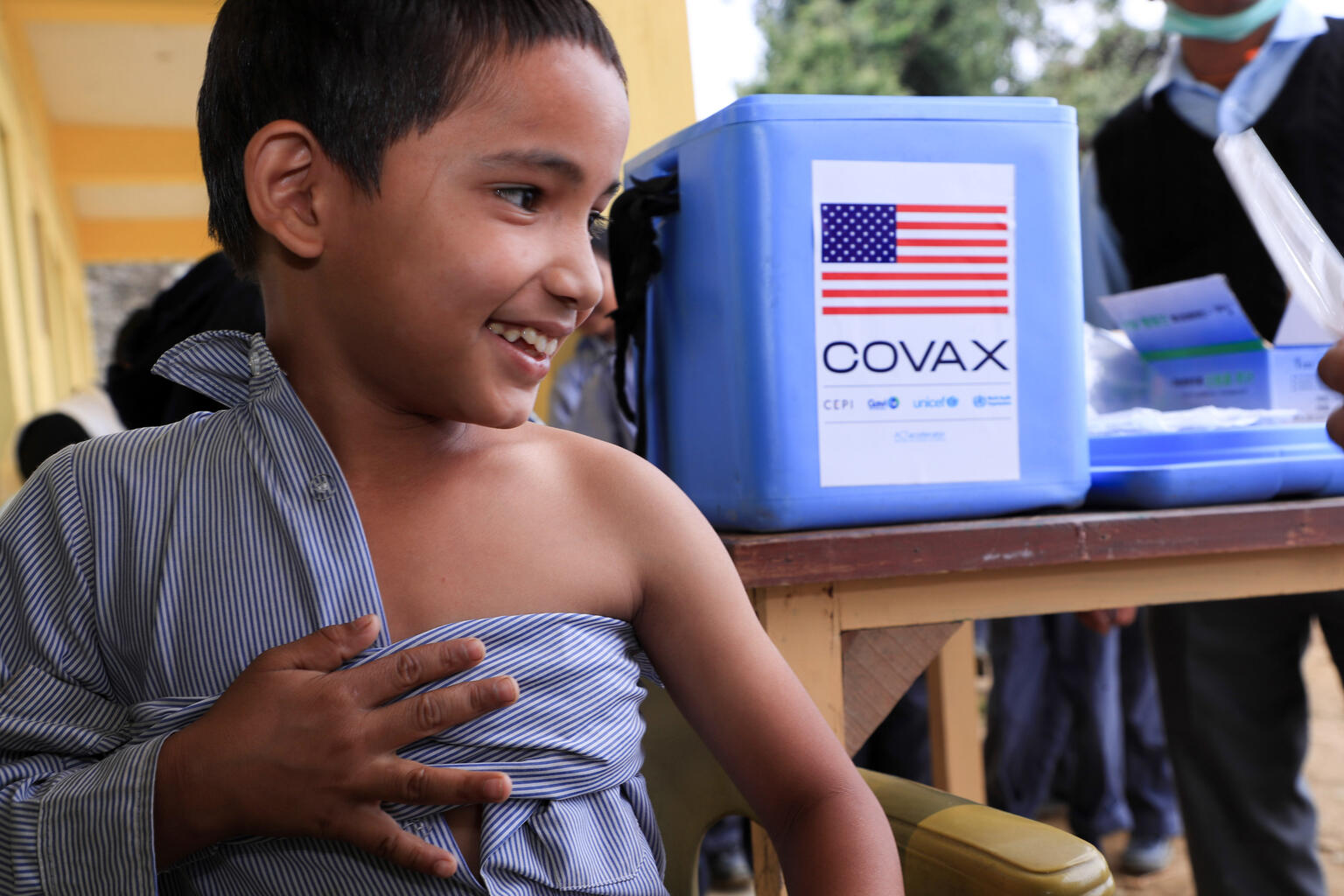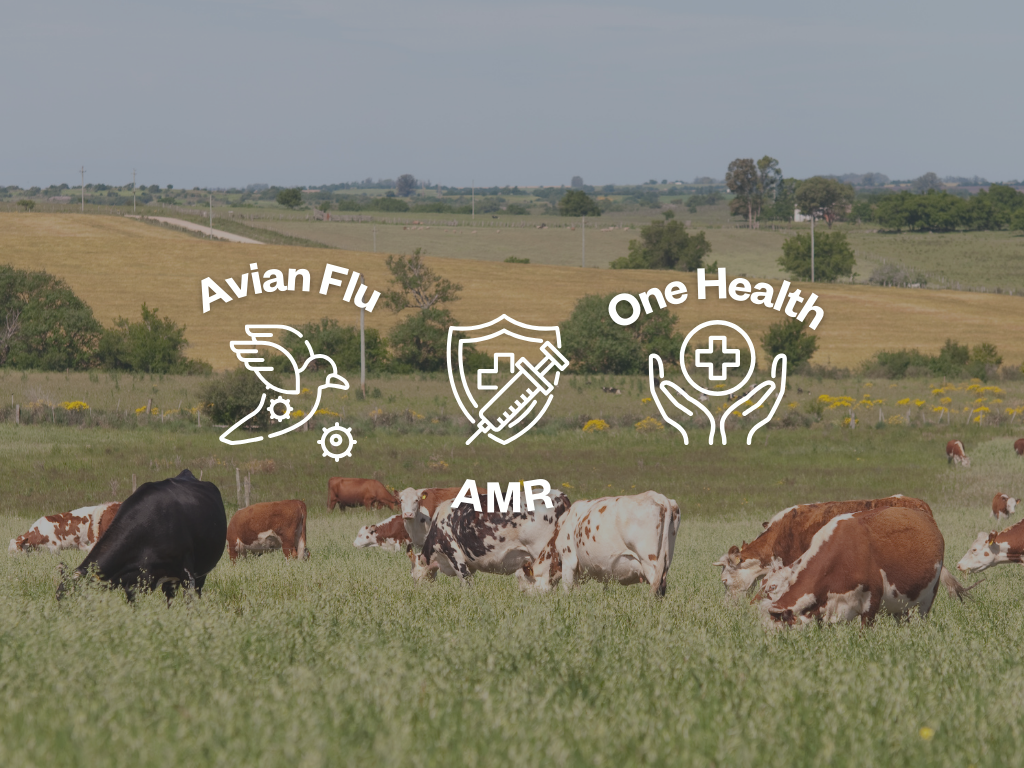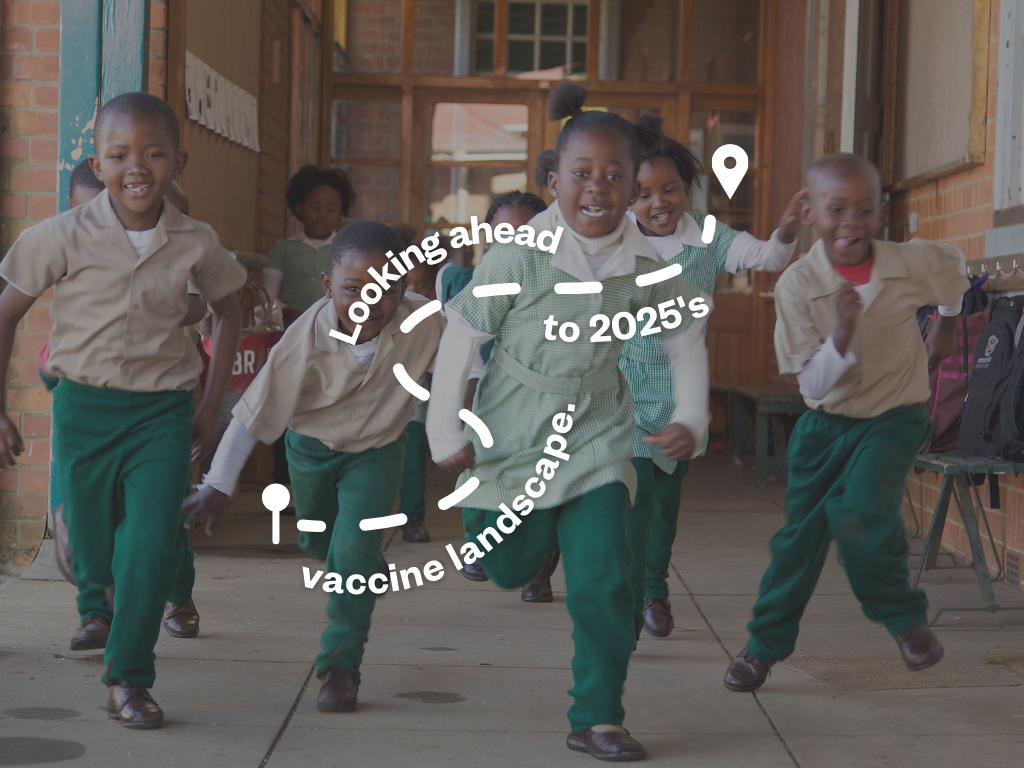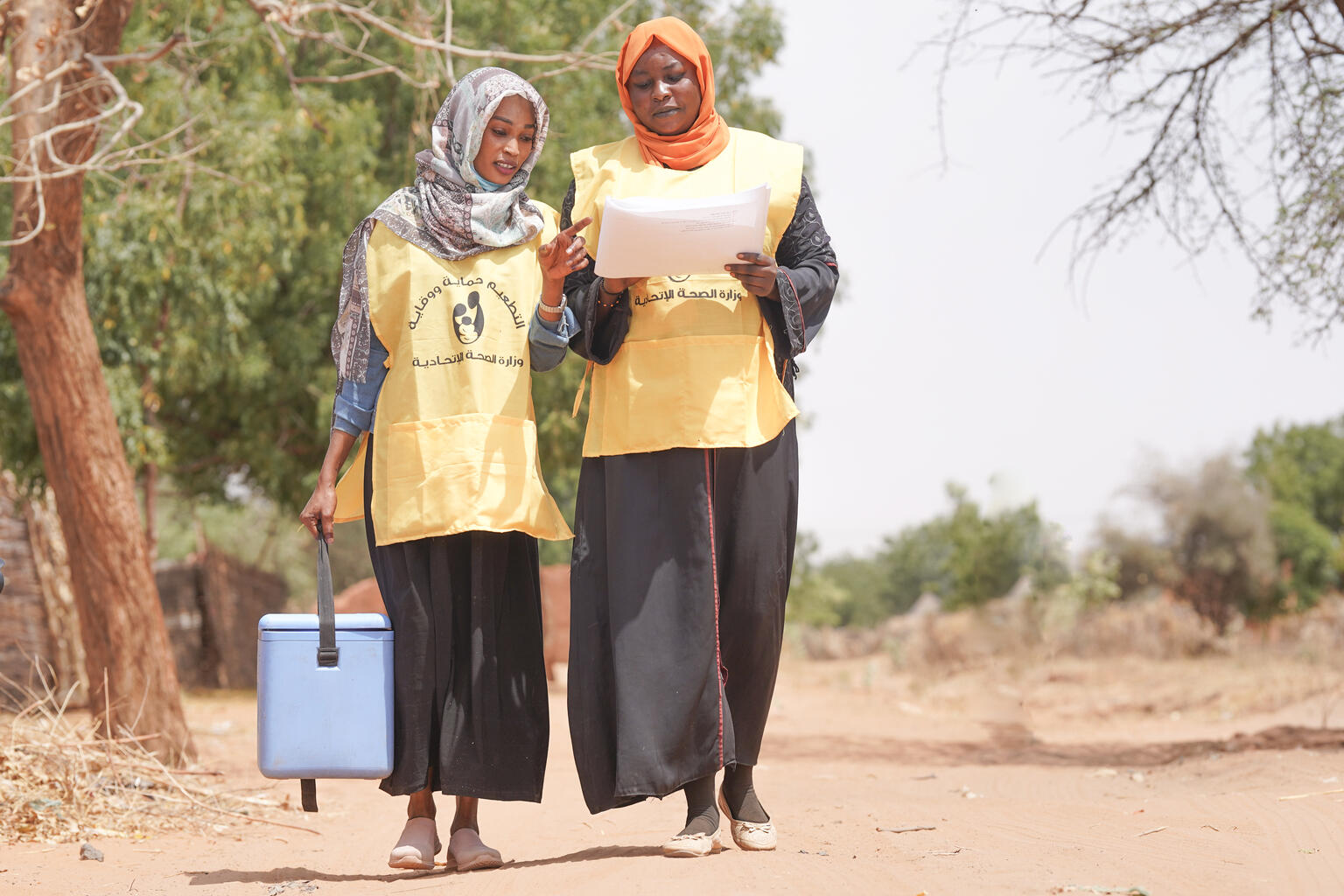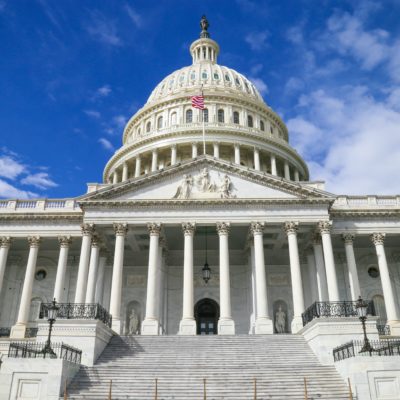
Measles vaccinations promote herd immunity and save taxpayer dollars
Shot@Life Champion Janice Hawkins' Letter to the Editor during Advocate to Vaccinate.
From Childhood to Motherhood: Gender Equity and Immunization
Women face significant barriers to healthcare while simultaneously making up the backbone of the global health workforce. But there is a solution: empowering women through equitable vaccine access can be a catalyst for change in both global health and gender equality.

Vaccines save lives
Shot@Life Champion Janice Hawkins' Letter to the Editor during Advocate to Vaccinate.
I was a refugee. Today, I am an advocate.
Growing up in the Democratic Republic of Congo, Shot@Life Champion Michael-Olivier Lungu experienced firsthand the dangers of infectious diseases and the need for global health programs to keep kids safe. Here is his advocacy story.
What makes a vaccine?
Vaccines are miracles of modern medicine that have saved hundreds of millions of lives. But behind every vaccine are years of careful research and rigorous testing. Here’s what you need to know.

Every child, regardless of birthplace, deserves a healthy future
Shot@Life Champion Charles Ajala's Letter to the Editor during Advocate to Vaccinate.
America and the WHO: An Essential Partnership
With continued U.S. leadership in the World Health Organization in doubt, it’s time to remember that this longstanding partnership has made our world—and our country—healthier and more secure.
Bird Flu, AMR, and Livestock, Oh My!
Bird flu and antimicrobial resistance have been the stars of recent global health headlines. And while seemingly unrelated at first glance, these two issues have far more in common than you may think.
Looking Back, Looking Ahead 2025
2024 saw many twists and turns in the global vaccine landscape. Another year come and gone, 2025 brings new challenges and new promises for global immunization.
Community Health Workers Are Critical To Providing Care
In many countries, community health workers are they key to ensuring health services reach the most isolated and the most vulnerable.
Follow us on Instagram
In 2024, 120 million people were displaced—leaving millions of children without lifesaving immunizations.
A new WHO report has confirmed what we already know: immunization coverage collapses in crisis settings. When families flee, routine immunization is one of the first things lost, putting children at risk of preventable diseases in the most vulnerable moments of their lives.
Our #HealthyStart for Refugee Children initiative is working to change that. Get involved today at shotatlife.org/healthystart
Feb 20

The U.S. withdrew from @who. #NYC joined it anyway.
In the face of federal pullback and changing vaccine guidance, New York just plugged directly into the WHO’s global outbreak and response network, alongside California, Illinois, and a growing coalition of states.
Networks like these aren’t symbolic. They’re how local health authorities ensure they get early warnings on emerging pathogens, up-to-date immunization guidance, and access to epidemiologists when outbreaks hit.
Local action can help fill national gaps—because health isn’t political.
Feb 18

We were honored to be joined by @SenJohnCurtis, recipient of our 2026 Congressional Champion Award, at our National Advocacy Summit.
We are grateful for his leadership and commitment to global health. American global health programs save lives around the world and keep Americans safe from dangerous diseases. Thanks to leaders like Senator Curtis, they continue to enjoy bipartisan support in Washington and continue to deliver for our country and the world.
Feb 12

That’s a wrap on the Shot@Life and United to Beat Malaria National Advocacy Summit, and once again, we are blown away by the dedication, inspiration, and passion spread by you, our global health Champions.
Nearly 100 of our top advocates—representing key districts across 38 states—came together to deliver urgent messages to Congress about the importance of global immunization and malaria prevention. In these times of uncertainty and newfound challenges to global health, raising our voices is more important than ever to ensure a safer, healthier world for all.
Stay tuned—our bi-annual advocacy mobilization is fast approaching, and we need YOUR help to keep the momentum! #GlobalHealthforUS #GlobalHealthStartsWithMe
Feb 11

From a powerful keynote address by former U.S. Surgeon General @jeromeadamsmd to some face time with the creator of a vaccine that’s saved millions, day one of the first-ever Shot@Life and United to Beat Malaria National Advocacy Summit was nothing short of inspiring!
Champions got a peek behind the curtain at the current global health landscape—from innovations to renewed collaboration—and bolstered today’s advocacy with stories from experts in the field.
Here’s to #HealthforAll! 💚🧡
Feb 10

The time has come! Tune in next week as we welcome Champions for our first-ever joint National Advocacy Summit with @unitedtobeatmalaria. For those following along from home, stay tuned for other ways to get involved.
To those joining us in D.C., we can’t wait to see you! Your advocacy is more important now than ever before. #GlobalHealthforUS
Feb 6

In today’s global health environment, fostering relationships and telling YOUR story is more powerful than ever.
Hear from @rameshferris, polio survivor and advocate, about the importance of connection. After all, teamwork makes the dream work!
Feb 5

In 2025, only 39 cases of naturally occurring wild poliovirus were recorded, down from 350,000 annually in the 1980s, thanks to vaccines and global cooperation.
But polio eradication presents a catch-22: the live oral vaccine that’s been so effective can rarely mutate and cause vaccine-derived polio in under-vaccinated areas. High vaccination rates everywhere are critical to preventing this phenomenon, and bringing a decades-long global eradication campaign to the finish line. #endpolio
Feb 4

Cervical cancer is preventable—and the HPV vaccine is why.
As #CervicalCancer Awareness Month comes to a close, the message is simple: we have the tools to end cervical cancer in this lifetime.
Learn more about the HPV vaccine with a familiar face, College Ambassador @wxjiha.
Jan 30

Investing in organizations like @gavialliance isn’t just the right thing to do, it’s the necessary thing to do.
As we ramp up to our National Advocacy Summit with @unitedtobeatmalaria, hear from Chloe Cooney, Director of U.S. Strategy for Gavi, to learn why.
Jan 29

According to a new @thelancetgroup study: during COVID-19, as real world evidence on vaccine safety and effectiveness grew, vaccine hesitancy dropped sharply.
65% of initially hesitant individuals ultimately chose vaccination.
Vaccine confidence isn’t build overnight—but new studies show it CAN be built. Trust grows when clear public health communications are made accessible.
Jan 28

Entering 2026, the cholera crisis continues: 600K cases across 31 countries were reported last year alone.
Current vaccines help, but stockpiles are falling short, two doses are needed, and they’re not 100% effective in children under 5—our world’s most vulnerable.
Here’s the hope though: a novel single-dose vaccine has shown promising results in phase 1 trials. Unlike existing vaccines, all recipients in the trial developed antibodies that could kill the cholera bacterium entirely, suggesting stronger protection.
While we wait for further trials, remember: vaccines are just one tool. The real cure isn’t in a vial, but in access to safe water and sanitation. 💧
Jan 23

Become a Shot@Life Champion
Are you ready to increase your commitment to fight for global vaccine equity? Sign up for an advocacy training and become a Shot@Life Champion!
Join Us